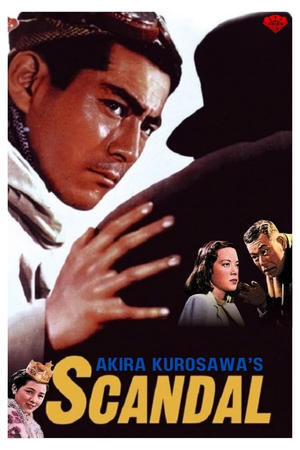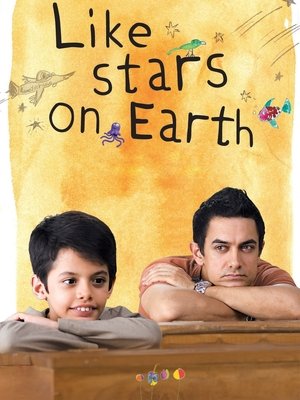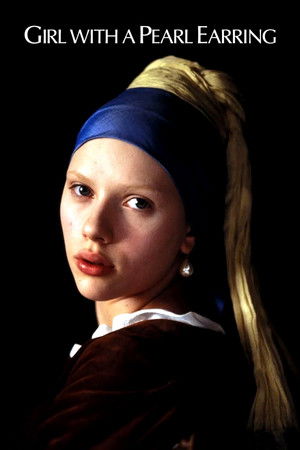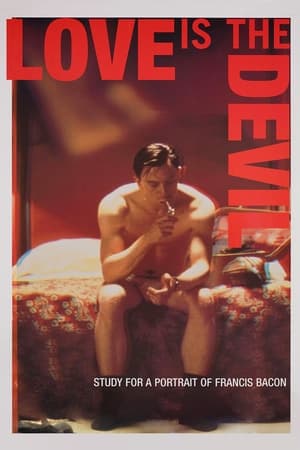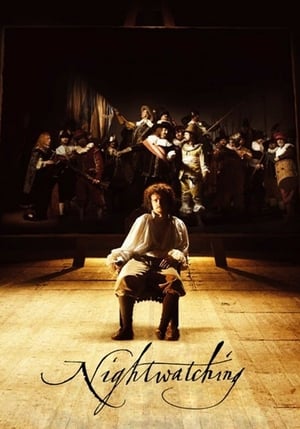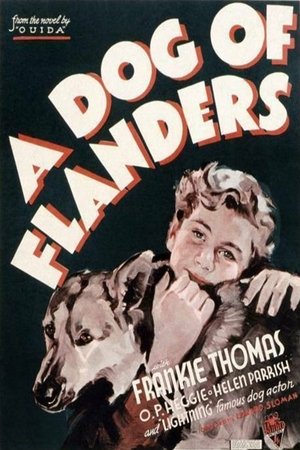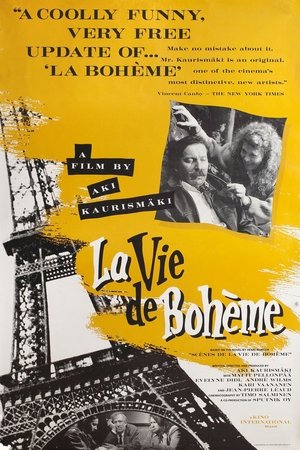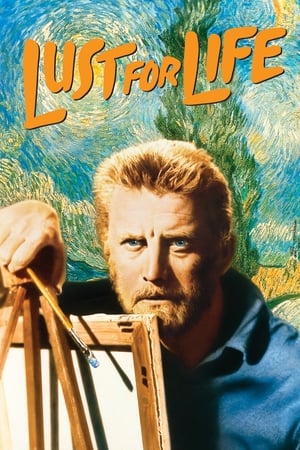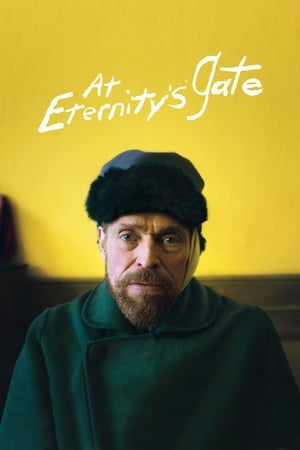Overview
What would it be like to step inside a great work of art, have it come alive around you, and even observe the artist as he sketches the very reality you are experiencing? From Lech Majewski, one of Poland's most acclaimed filmmakers, The Mill and the Cross is a cinematic re-staging of Pieter Bruegel's masterpiece "Procession to Calvary," presented alongside the story of its creation.
Reviews
The Mill and the Cross is one of the best biopics about a painter — or, for that matter, any artist — because it concerns itself less with the painter and more with his work; that is, it knows that the 'what' and 'how' matter more than the 'who.'
That’s not to say that the creator doesn’t count for anything; what I mean is that the every artist’s autobiography is recorded in their work (and that’s is why, as I always say, we can learn more about Elton John or Freddie Mercury by listening to Rocketman and Bohemian Rhapsody than by watching Rocketman and Bohemian Rhapsody).
This film co-written and directed by Lech Majewski is admirably faithful to the aesthetics of Pieter Brueghel the Elder, but it does not co-opt the artist's vision to put forth a crackpot, 'secret history' plot that has more to do with the filmmaker’s fevered imagination than with any real, historical fact; for example Nightwatching, Loving Vincent, or At Eternity's Gate, which all look great and contain great performances, but end up as nothing more than vehicles for their respective filmmakers' outlandish conspiracy theories — they talk a lot but say little or nothing.
In contrast, The Mill and the Cross talks little but speaks volumes. Of the dozens of characters, only three have significant dialogue, especially Brueghel (Ruther Hauer) himself; his monologues provide a convincing, reasonable, and direct explanation of the structure and symbolism of The Procession to Calvary. Meanwhile, Michael York's rich baritone provides the political and social context for the painting.

 96 min
96 min
 6.354
6.354
 2011
2011
 Poland
Poland
 tmdb28039023 wrote:
tmdb28039023 wrote: